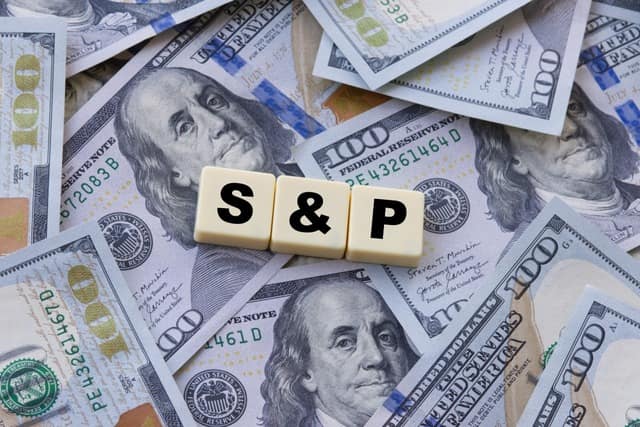Elmaz Sabovic
In 2024, stock market indexes posted a strong performance, with the S&P 500 setting new all-time highs on more than 30 occasions; however, the most recent trading session has seen the index erase $1.2 trillion in hours.
What exactly happened with the S&P 500 on August 1?
On August 1, the S&P 500 plunged 140 points in just four hours, wiping out $1.2 trillion in market capitalization since its early morning peak, falling from $46.9 trillion to $45.7 trillion as of the latest close.
To put this into perspective, the market cap lost by the S&P 500 is equivalent to the combined value of Walmart (NYSE: WMT) and JPMorgan (NYSE: JPM).

Since then, the index recovered and lowered its losses to 1.37%, allowing it to close the August 1 trading session at 5,446.68 valuation.
Despite the fact that multiple companies that belong to the S&P 500 posted a beat on earnings during the current earnings season, the broader market sentiment signals fear and extension of losses into the August 2 trading session.
The Standard and Poor’s 500 tracks the performance of the U.S. 500 largest companies by market cap, representing their combined performance over the singular trading session and longer historical periods, and is regarded as an important metric of the overall market health.
Japan’s stock market recorded its largest one-day drop in almost 40 years
Meanwhile, across the Pacific, Japan’s Nikkei index suffered its largest one-day decline of the year on August 2, marking the second-largest drop in its history.
This significant fall was the biggest in over 36 years since the index plunged 3,836 points on October 20, 1987, the day following the Black Monday crash.
The Average closed at 35,909.70, marking a decline of 2,216.63 points or 5.81% from the previous trading session on August 1.

With the Dow Jones Industrial Average already down in the latest trading session, markets outside the U.S. are seemingly pricing in the recession.
